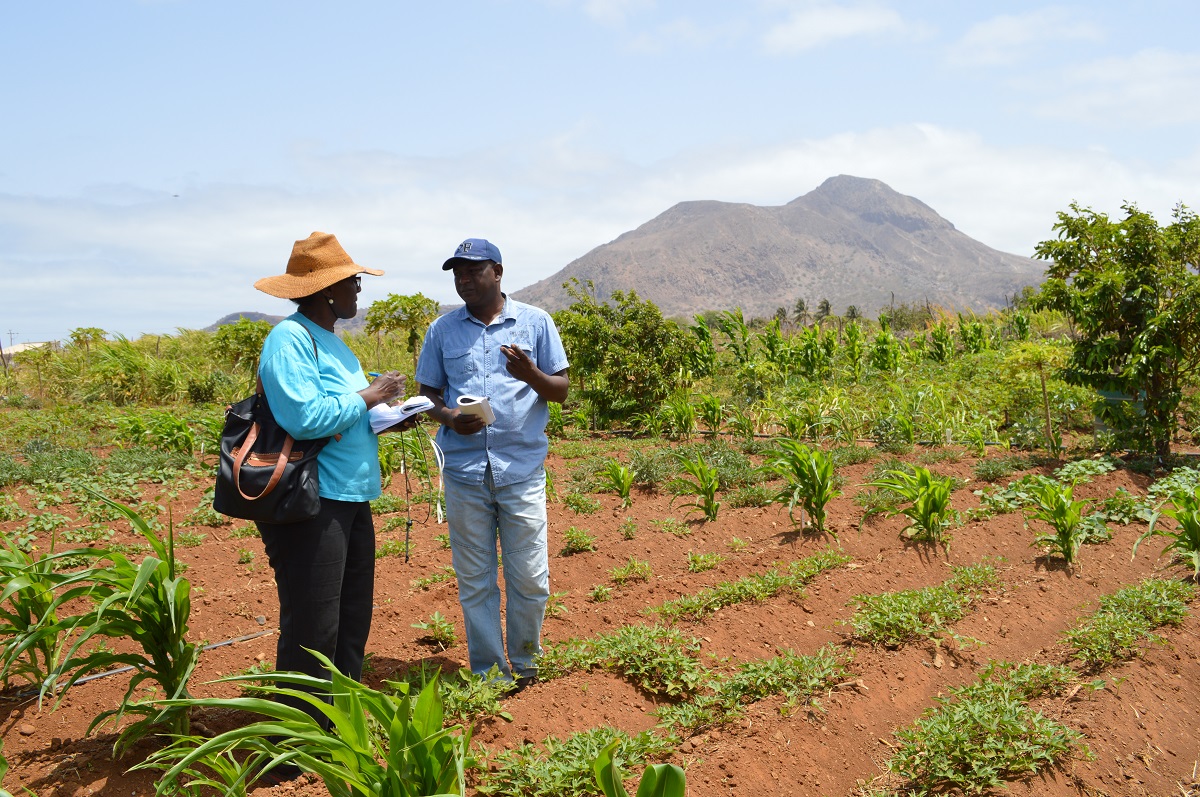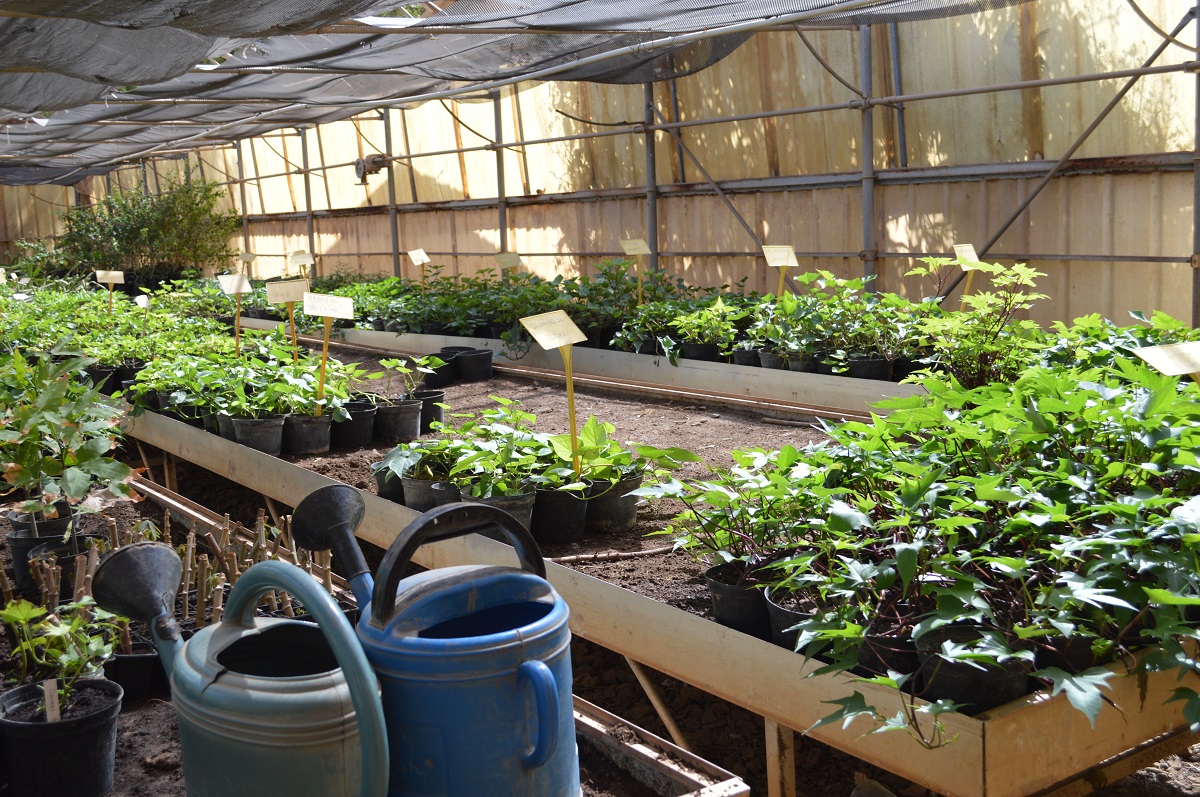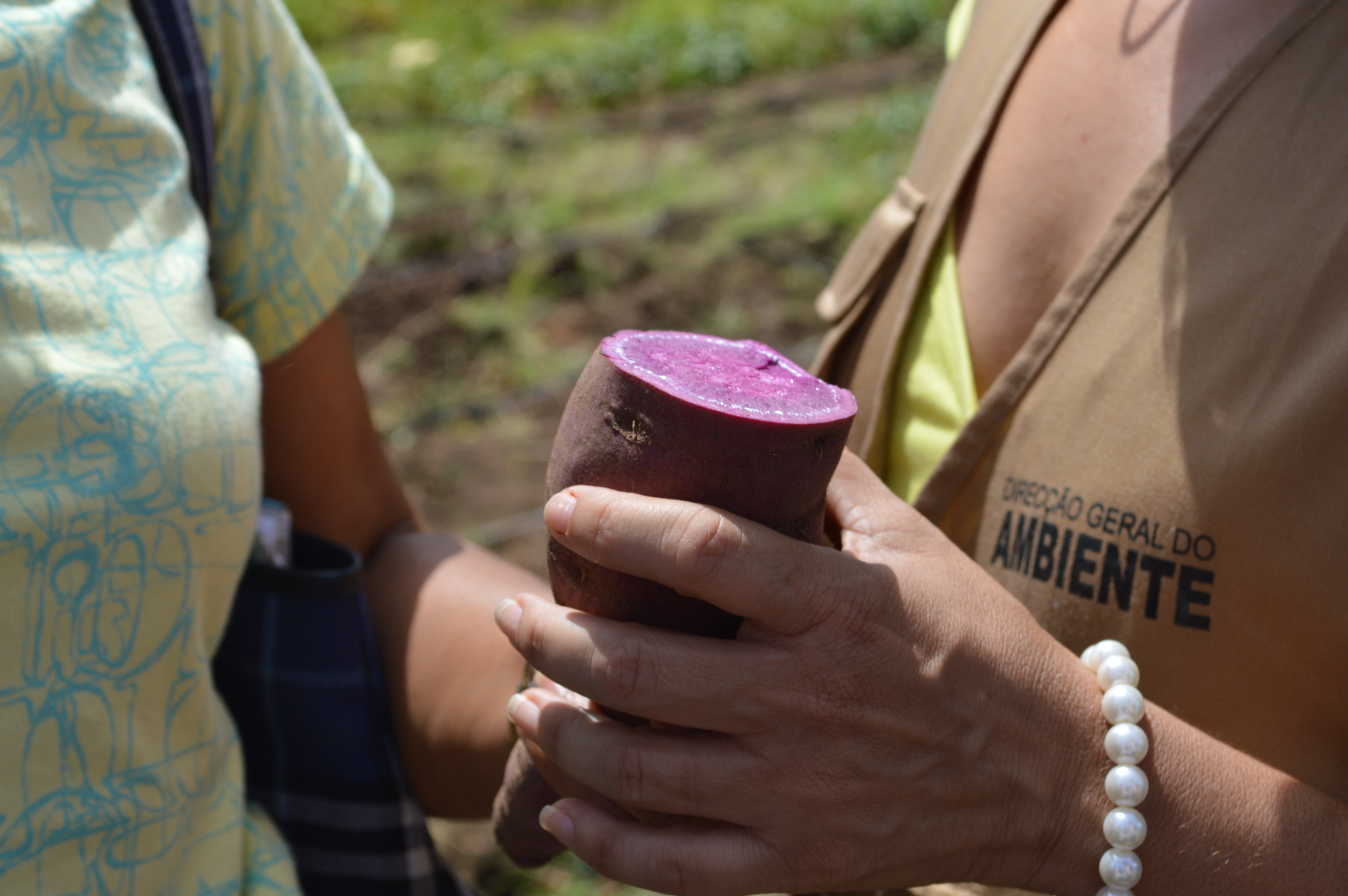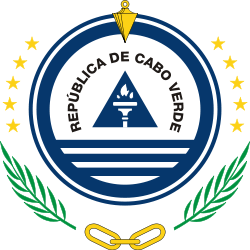Building Adaptive Capacity and Resilience to Climate Change in the Water Sector in Cabo Verde
Project Overview
Cabo Verde is highly vulnerable to climate change and possesses a low capacity to adapt without outside assitance. Four sectors are particularly vulnerable to climate change: water, agriculture, forestry, and coastal development. Increased water salinization and drought resulting from climate change has been identified as the greatest constraint on the future prospects of economic development in Cabo Verde. Climate induced changes have so far resulted in seasonal water shortages at an increasing number of economically important sites and year round shortages at others. In addition, future climate variability is expected to increase, with more storms, floods, droughts, and a shorter rainy season.
This project is designed to develop national capacity at a series of affected municipalities across Cabo Verde. The project will also demonstrate a series of climate change adaptation technologies and practices at vulnerable and affected sides. These demonstrated practices wil feed up into the capacity development process. The project, where possible, will develop and build upon traditional water management practices and technologies. Finally, the project will ensure that lessons are learned and disseminated, and that sustainable networks, platforms and information systems are operating efficiently.
For updates on UNDP Early Warning Systems and Climate Resilient Development projects, click here.
Project Details
With support of the project and co-financing partners, in three municipalities covering five hydrographical basins, adaption will have been demonstrated through project implementation. This will include the planting of important plant species to enhance critical watersheds, increasing water use efficiency through the use of new technologies, and by building effective adaptive capacities throughout.
The project involves a range of approaches including enhancement of ecosystem services to reduce climate risks in the water resource management sector, including practices like drip-irrigation, cloud harvesting, water recycling, enhanced run-off infiltration and water conservation techniques that are both infrastructural and nature-based. Moreover, this will have effectively demonstrated how to adapt in arid, rural areas in the water and related sectors. This demonstration will serve to greatly reduce risks associated with climate change in Cabo Verde while providing invaluable knowledge for future projects on the islands and elsewhere.
Key Results and Outputs
- Outcome 1: Small and medium scale climate change adaptation practices for water resource management are demonstrated and implemented in selected hydrographical basins
- Output 1.1: Water recycling, infiltration and conservation techniques (i.e. nature-based and physical) demonstrated and implemented as climate change adaptation measures for agricultural and human use in 5 hydrographical basins
- Output 1.2: Through a series of pilot programs in key locations prove the benefits and feasilbilty of future project expansion. Pilot programs cover three primary activities:
- Agriculture based pilot activities in the Ribeira Seca catchment:
- Grountwater intake
- Terracing of agricultural land for flood control and food security
- Improving irrigation efficency through drip irrigation
- Land conservation pilot activites:
- planting of fenced off wasteland with aloe, agave, congo beans, and leucanena in local subtachments in conjunction with the construction or rehabilitation of checkdams
- Reforestation pilot activities on Santo Antão Island:
- Perform reforestation in the upper part of the major mountain range of Planalto Leste until the entire are is covered by vegeation and mechnaical soil conservation measures
- Agriculture based pilot activities in the Ribeira Seca catchment:
-
Outcome 2: Summary of the relevant baseline development plans and investment programmes of the public and private sector in Cape Verde focusing on the water sector
-
Outcome 3: Review and summary of the existing policy and regulatory framework relevant for water
-
Outcome 4: Review, analysis and summary of the past project related activities of other donors and private sector in adaptation and water management in Cabo Verde, and an updated report on the co-operation and co-financing possibilities in the frame of the envisaged UNDP project. This will include information disaggregated across the islands and some municipalities
-
Outcome 5: Supporting reports (climate risk assessments, economic costs/benefits of impacts and economic assessment of adaptation options) to justify the proposed project interventions and to leverage financing for the proposed activities (this may include pre-feasibility studies for pilots, draft business plans etc.)
-
Outcome 6: A Project Logical Framework that captures the indicators and verification strategies
-
Outcome 7: M&E framework for the projects that focuses on adaptation to climate change including variability. This includes a list of proposed indicators and an associated monitoring and evaluation plan (with a clear definition of how these indicators would be measured and how verification data would be collected through the monitoring programme)
-
Outcome 8: A work plan with detailed roles and responsibilities for implementation
-
Outcome 9: A stakeholder participation plan, with a clear focus on community involvement
-
Outcome 10: Endorsement letters from the government and letters confirming co-financing commitments
-
Outcome 11: Project Document and Executive Summary as per GEF and UNDP requirements including completed UNDP checklist for preparing adaptation projects
-
Outcome 12: Other reports from all project relevant stakeholder consultations
Reports and Publications
Project Brief / Fact Sheet
UNDP Printable Photo Essay: An Island Without Water (FR)
UNDP Printable Photo Essay: An Island Without Water (EN)
Project Brief: Renforcer les Capacités d'Adaptation et la Resilience aux Changements Climatiques dans le Secteur de l'Eau au Cabo Verde (2015)
Project Brief: Building Adaptive Capacity and Resilience to Climate Change in the Water Sector in Cabo Verde (2015)
Case Study
Étude de Cas: Renforcer la Résilience Face aux Changements Climatiques grâce à des Émissions de Radio Innovantes au Cabo Verde
Case Study: Strengthening Resilience to Climate Change through Innovative Radio Programmes in Cabo Verde
Assessments and Background Documents
Multimedia
Canada-UNDP Climate Change Adaptation Facility Trailer
This short trailer gives an introduction to the Climate Change Adaptation Facility (CCAF). Established by Canada in partnership with UNDP, the facility aims to strengthen climate-resilient approaches to agriculture and water management, with an emphasis on gender-sensitive approaches.
The CCAF facility incorporates national projects in Cambodia, Cape Verde, Haiti, Mali, Niger, and Sudan, that scale up or extend projects previously supported by the Global Environment Facility’s Least Developed Countries Fund.






